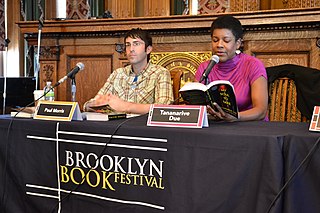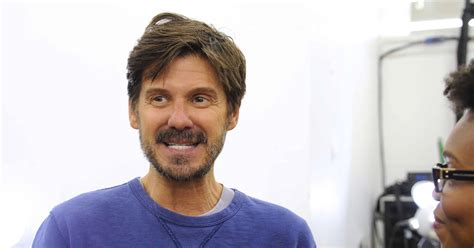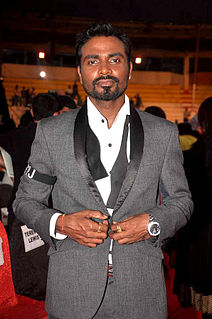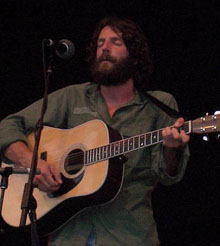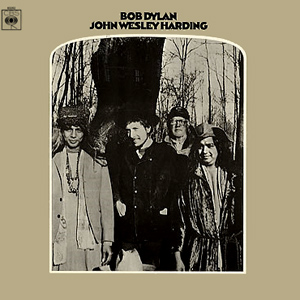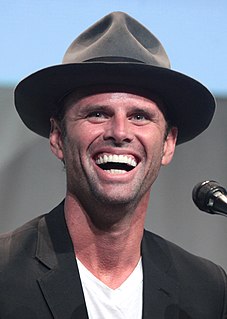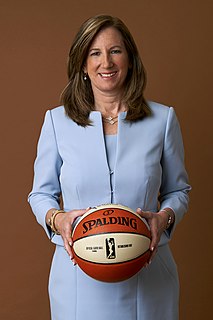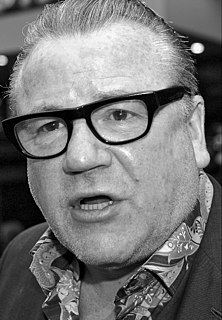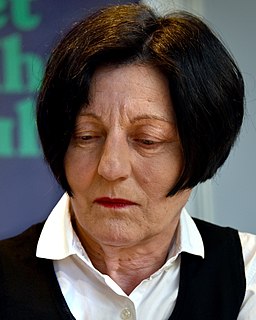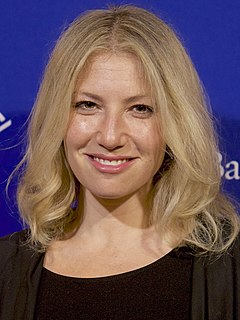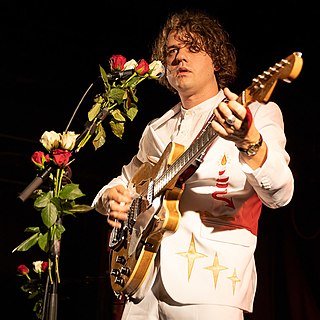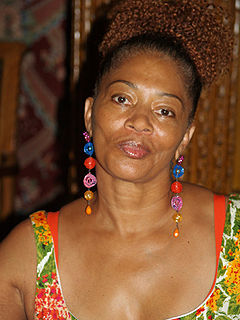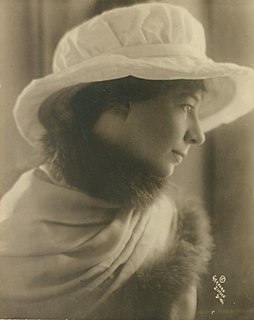Top 1200 Emotional Experiences Quotes & Sayings - Page 3
Explore popular Emotional Experiences quotes.
Last updated on April 17, 2025.
There is also evidence from epidemiological studies that psychotic-like experiences are much more common than has hitherto been thought (with about 10% of the population affected) and that these experiences exist on continua with healthy or 'normal' functioning: instead of the world falling into two groups (the psychotic and the non-psychotic) people vary in their disposition to psychosis and only a minority of people who have these experiences require or seek help.
No individual can be in full control of his fate-our strengths come significantly from our history, our experiences largely from the vagaries of chance. But by seizing the opportunity to leverage and frame these experiences, we gain agency over them. And this heightened agency, in turn, places us in a stronger position to deal with future experiences, even as it may alter our own sense of strengths and possibilities.
When you're feeling joyful, you are giving joy, and you'll receive back joyful experiences, joyful situations, and joyful people, wherever you go. From the smallest experience of your favorite song playing on the radio to bigger experiences of receiving a pay raise -- all of the circumstances you experiences are the law of attraction responding to your feeling of joy.
Think of a single word. We'll use soul as our example. How do you define soul? Is it the same definition I use? Can it ever be it? My soul is not your soul. Our souls, our definitions, are shaped by the singular and cumulative experiences in our lives, the emotional weight we attach to a concept forever locked in the space behind our own eyes.
The fact that man produces a concept "I" besides the totality of his mental and emotional experiences or perceptions does not prove that there must be any specific existence behind such a concept. We are succumbing to illusions produced by our self-created language, without reaching a better understanding of anything. Most of so-called philosophy is due to this kind of fallacy.
My theory is that poems are written because of a state of emotional irritation. It may be present for some time before the poet is conscious of what is tormenting him. The emotional irritation springs, probably, from subconscious combinations of partly forgotten thoughts and feelings. Coming together, like electrical currents in a thunder storm, they produce a poem. ... the poem is written to free the poet from an emotional burden.
I was very inspired by Les Blank's film 'Burden of Dreams.' I think what's unique about his film and the two I've made is that they're close examinations of filmmakers and how their own emotional experiences reflect in the material they're rendering, and vice versa - how that material sometimes colors their own lives.
Groups do not have experiences except insofar as all their members do. And there are no experiences... that all the members of a scientific community must share in the course of a [scientific] revolution. Revolutions should be described not in terms of group experience but in terms of the varied experiences of individual group members. Indeed, that variety itself turns out to play an essential role in the evolution of scientific knowledge.

